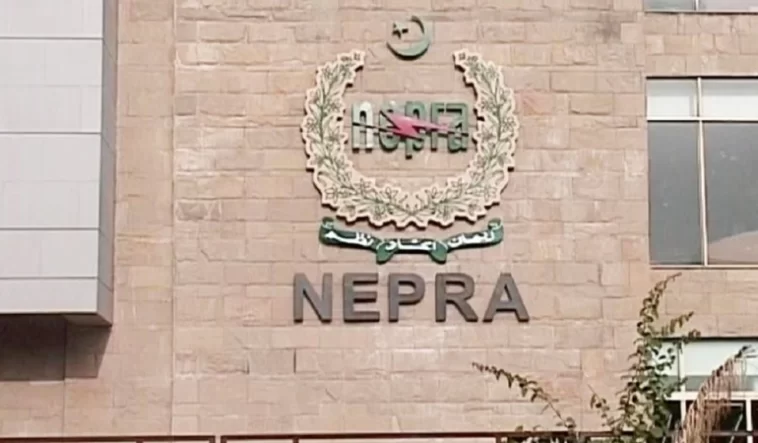On January 9, the National Electric Power Regulatory Authority (NEPRA) will hold a public hearing to decide whether to authorise competitive bidding for a 600 megawatt peak (MWp) solar project in Muzaffargarh, Punjab.
In accordance with the specifics, the Alternative Energy Development Board (AEDB) has submitted the RFP documents to the NEPRA in order to obtain authorization to conduct competitive bidding for a 600 MWp Solar PV Project at Muzaffargarh. This is done in accordance with the authority’s competitive bidding tariff (approval procedure) regulations of 2017.
After reviewing the RFP materials, the authority made the decision to hold a public hearing on the topic on January 9, 2023.
Why can’t the project be built in accordance with the terms of the ARE Policy, 2019, properly agreed by the Council of Common Interest rather than the Framework Guidelines 2022, is one of the 16 issues set for public hearing.
Do the measures taken and subsequent approvals required by the ARE Policy, 2019 for the project comply with its requirements, which indicate that the first round of competitive bidding must be held for Category-III projects? Does the processing of the project not conflict with its requirements?
Does the Framework Guidelines under which the current RFP has been submitted apply exclusively to this particular project, or will they also apply to initiatives in the future? It should be highlighted that all future projects under CTBCM must have bilateral contracts, or agreements between DISCOs and the power projects.
Why is Build Own Operate & Transfer (BOOT) rather than Build Own Operate (BOO) being used for project development?
Does not adhering to the pre-qualification process cause the project’s development timeframes to be delayed?
Whether the project has been approved for inclusion in the transmission system expansion plan and the indicative generation expansion plan?
If applicable, whether the necessary studies in the project’s feasibility study have received the relevant approval from the relevant parties.
Whether the RFP’s planned annual indexation of 70% of the tariff with US dollars (USD) is appropriate.
Whether the RFP’s proposed income tax impact is to be factored into the benchmark tariff or not. If so, should that be permitted as a pass-through item or included in the tariff?
Is it justified to use the technical and financial evaluation criteria that were suggested in the RFP?
Whether CPPAGL’s approval to purchase power from the project has been secured, and whether the appropriate organisations have provided interconnection obligations for the project. Do the project’s COD dates and the timelines for developing the transmission infrastructure align?
Is the land that NTDC bought and then leased to AEDB reasonable and compliant with the law, the ARE Policy from 2019 and prudent utility practises? Should the PKR 1.4 billion cost of the land be accounted for in the project cost or should it be allowed as lease fees in the benchmark tariff?
Why isn’t the suggested project site for the Quaid-e-Azam Solar Power Park, which has the necessary land, grid, and other infrastructure, taken into consideration?
Whether the proposed Bid Evaluation Committee complies with the requirements of the ARE Policy, 2019 and the NEPRA Competitive Bidding Tariff (Approval and Procedure) Regulations, 2017?
How justified are the amounts of the various fees and charges included in the RFP?
What process would be used to choose the next bidder in the event that the winning bidder decided not to proceed with the project’s development for any reason, as well as any other problems, with the Authority’s consent.


